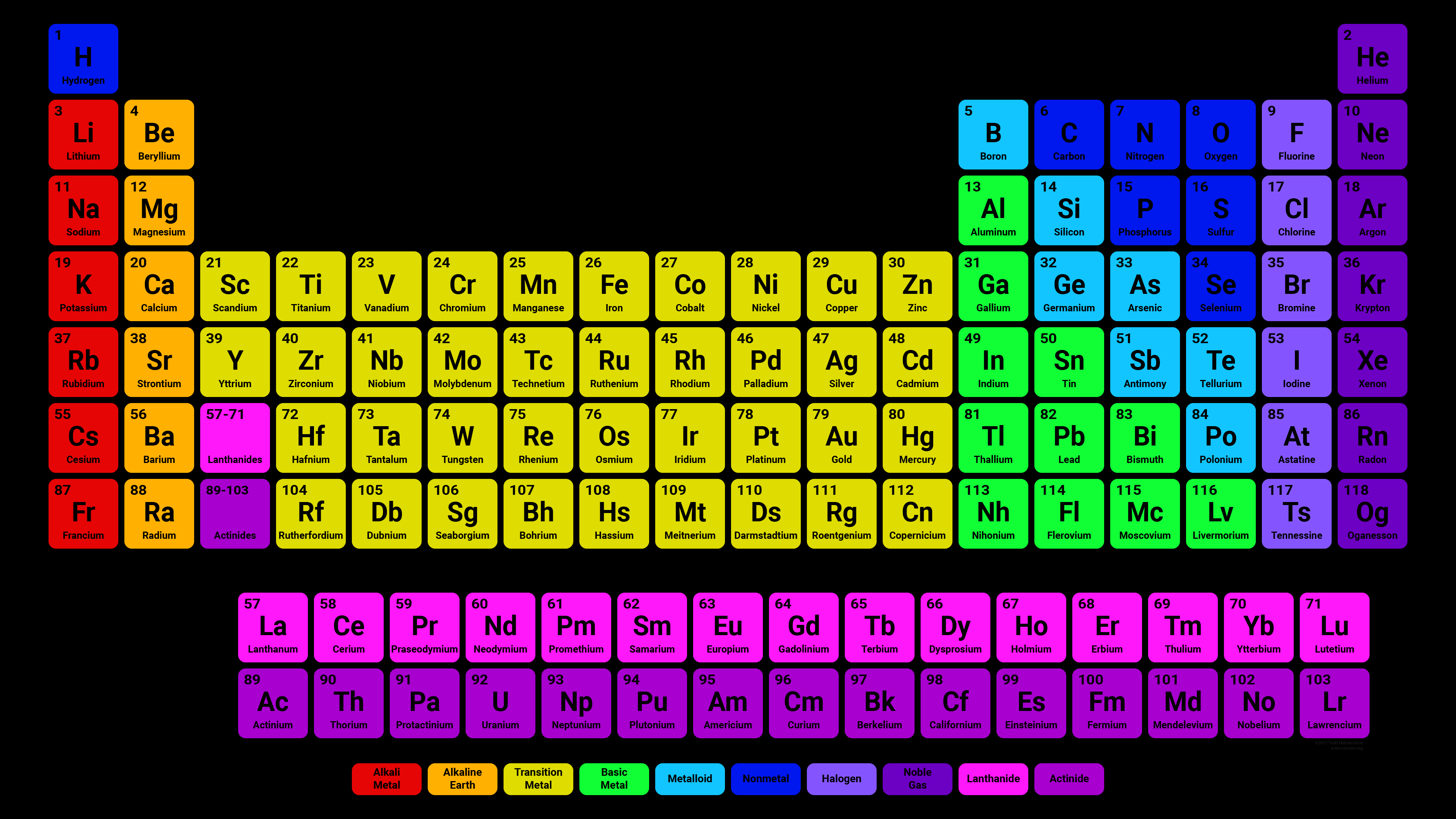
Chemistry is the branch of science concerned with the substances of which matter is composed, the investigation of their properties and reactions, and the use of such reactions to form new substances. Anyone who specialises in chemistry is called a Chemist. The study of Chemistry is very closely related to physics but chemistry is often seen to be a central science because it is essential in the complete comprehension of other sciences such as Biology, Physics etc.
From the definition of chemistry, we encounter a concept that predominates physical sciences (Physics and Chemistry); matter. Matter is anything that has mass and occupies space. There exist 3 principal states of matter: Solid, Liquid and Gas. Notwithstanding, modern day science has come to discover other possible states of matter such as the Plasma, Bose-Einstein etc.
As expected, in this article, we shall examine;
- The branches of Chemistry.
- How Chemistry is studied.
- Major occupations possible after studying Chemistry.
The branches of Chemistry.
From the definition of Chemistry, we can with ease split chemistry into, physical, organic, inorganic and analytical chemistries. Some Scientist classify Biochemistry as a branch of Chemistry based on the fact that it is more of chemistry than biology but biologist also intend to hold the rights for the discipline.
- Physical chemistry: Amazingly, this is the branch of Chemistry that puts into application the concepts of Physics to study the chemistry of matter. This is the very reason for which this branch seems to intertwine with the other branches, is seen as the bulkiest, and most valuable.
- Organic chemistry: This is the chemistry of life. This branch of chemistry studies the compound that make up living things. These compounds are of one type: organic compounds which are principally hydrocarbons (comprised of carbon and hydrogen).
- Inorganic chemistry: This branch of chemistry studies the periodic table as a whole. It examines the history of chemistry and the different possible trends in the elements of the periodic table.
- Analytical chemistry: Analytical chemistry is the branch of chemistry that deals with the analysis of different substances. It involves the separation, identification, and the quantification of matter. This branch of chemistry is meant to be more practical than theoretical

Biochemistry is a discipline studied in biology. It applies knowledge from organic chemistry to study the behaviours of living organisms. This is what gave rise to molecular biology and even pharmacology.
How Chemistry is studied.
Studying chemistry has grown to be a dignifying thing to many, especially in African countries. Chemistry is generally studied from secondary schools but a good number of countries have developed a concept known as chemistry for kids (Quiz & Worksheet - Chemistry Facts for Kids | Study.com) where even six-year-olds could learn chemistry with ease.
In most places, chemistry is divided into physical, inorganic and organic chemistry for better comprehension.
- Major Occupations Possible for a Chemist.
Generally, anyone who specialises in chemistry related research is a chemist but you can always develop a more precise career where you could be called a Pharmacist, Chemical engineer, Petroleum Engineer, etc. You will be amazed at the number and quality of careers you can have as a chemist. Just follow the link (72 Careers You Can Pursue with a Chemistry Degree (academicinvest.com)).
THE END
The ALSTUG Team.
Please login to post comments.
No comments here


